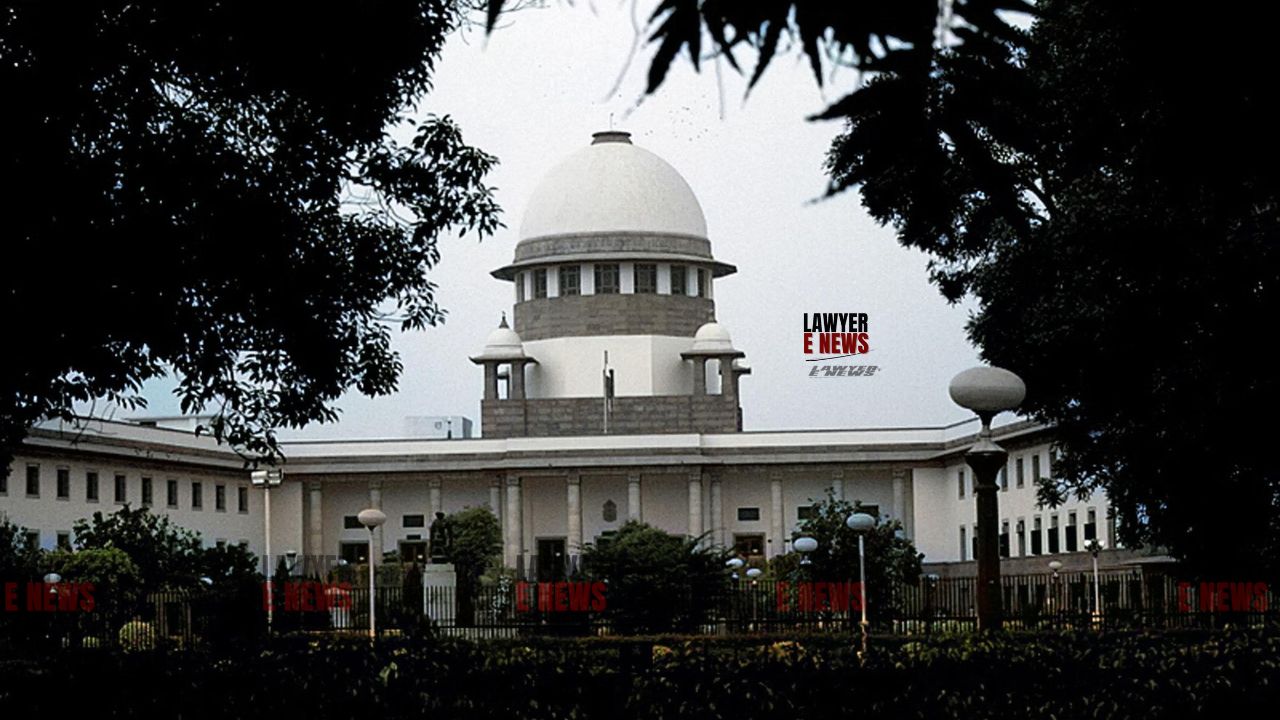-
by Admin
15 February 2026 2:16 AM



Supreme Court of India ruled in Patna Municipal Corporation vs. M/s Tribro Ad Bureau & Others that the royalty charged by the Patna Municipal Corporation (PMC) for advertising hoardings cannot be equated to a tax. The judgment clarified that royalty payments are contractual and based on agreements between parties, distinguishing them from statutory taxes. The Court set aside the Patna High Court's ruling, which had quashed the enhanced royalty charges imposed by PMC on advertising agencies.
The case arose when the Patna Municipal Corporation increased the royalty for advertising hoardings from ₹1 per square foot to ₹10 per square foot in 2007. Advertising agencies, including M/s Tribro Ad Bureau, challenged this increase in the Patna High Court. The High Court had previously ruled in favor of the advertisers, declaring that PMC’s enhanced charges amounted to an illegal tax since it was imposed without legislative backing.
PMC appealed the High Court’s decision, arguing that the charges were not a tax but a royalty, agreed upon by the parties.
The core issue was whether the royalty charged for the use of municipal land for hoardings should be considered a tax, which requires statutory authorization, or a contractual royalty. The respondents contended that without proper legislative sanction, the enhanced rates constituted a tax, thus violating Article 265 of the Constitution.
The Supreme Court differentiated between royalties and taxes, stating that while a tax is a compulsory exaction under statutory power, royalty is a charge for the use of property, rooted in contract or agreement. The Court emphasized that royalty is not subject to the same requirements as a tax and can be imposed based on mutual agreements, as was the case between PMC and the advertisers.
The Court noted that the original royalty rate was agreed upon in a meeting between the parties in 2005, and the 2007 increase was within the Corporation’s rights. It also observed that most advertisers had accepted and paid the increased royalty, thus acquiescing to the rates.
The Supreme Court overturned the High Court's ruling, affirming that the PMC’s enhanced royalty was valid and enforceable. It held that royalty does not require statutory authority, as it stems from an agreement. The Court, however, struck down the penalty imposed by PMC on defaulting advertisers, stating that such penalties lacked legal backing.
The Court allowed PMC to charge simple interest on delayed payments of royalty, distinguishing this from a penalty.
The Supreme Court ruled that the royalty charged by PMC for advertising hoardings was a contractual fee, not a tax, and could be lawfully collected. The appeals were disposed of, with directions to calculate the amounts due from advertisers, including simple interest, while quashing any penalties imposed.
Date of Decision: October 16, 2024
Patna Municipal Corporation vs. M/s Tribro Ad Bureau & Others
